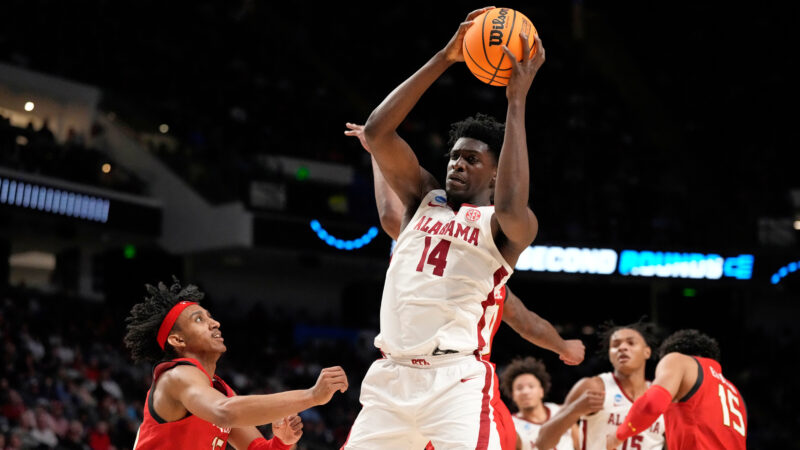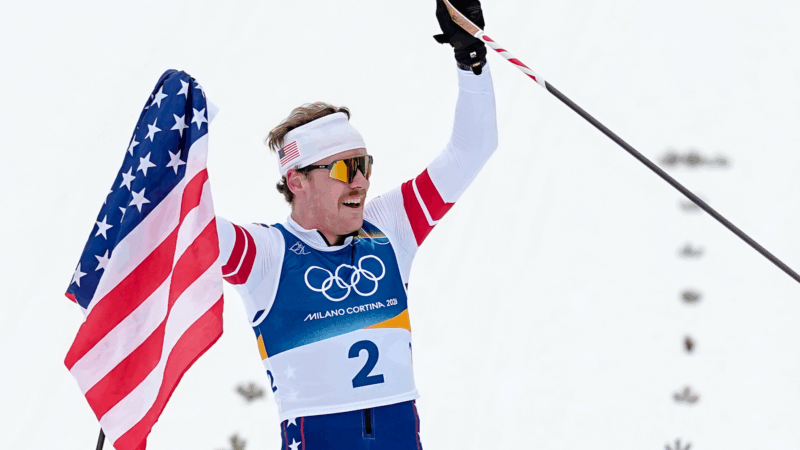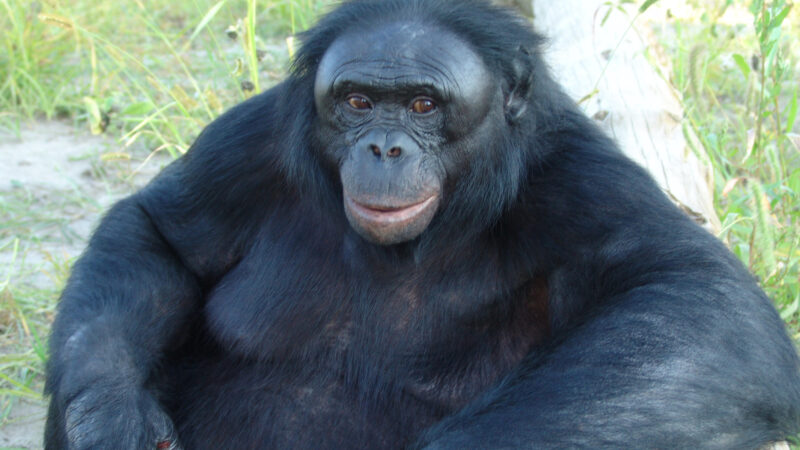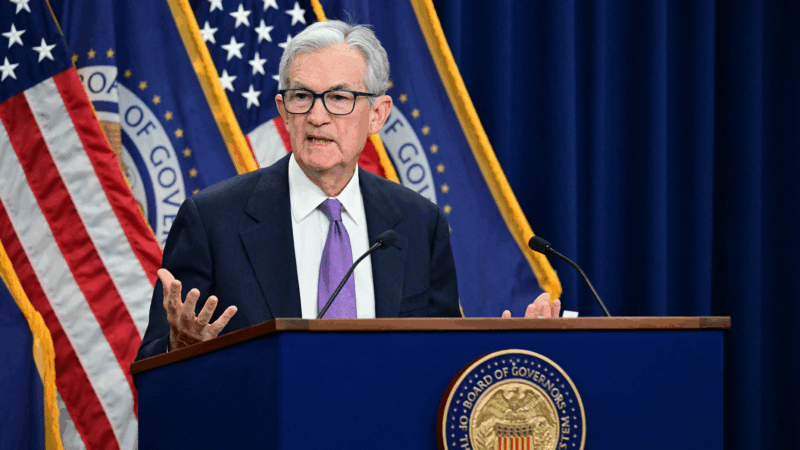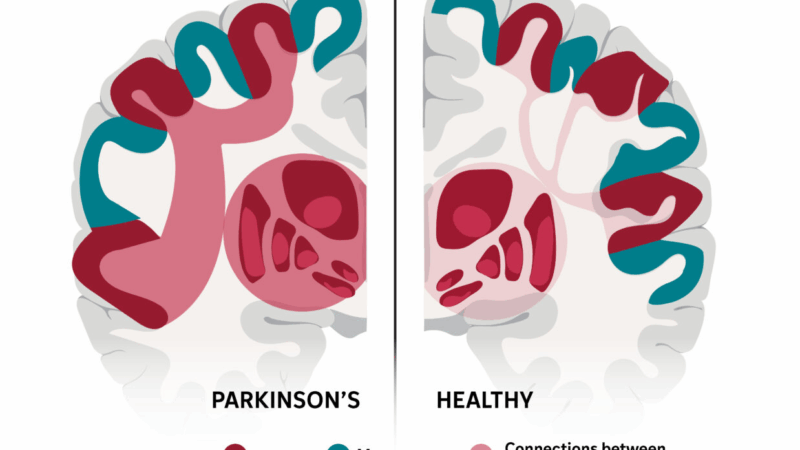Her love life was in chaos. The solution? Giving up sex
When writer Melissa Febos was 35, she decided to temporarily give up sex.
“I was coming off a devastating relationship where I had become so obsessive. I had gone completely off the rails,” she says. She was so focused on her partner that she neglected her health, work and friendships.
After a few brief entanglements, Febos opted to take a break from dating and sex. She’d been in consecutive relationships since she was 15 and hoped a period of celibacy would help her develop a more “honest and authentic relationship to sex with other people,” she says.
Febos chronicles her year of abstinence in a new book published in June, The Dry Season: A Memoir of Pleasure in a Year Without Sex.
That period helped her realize that “I had given a tremendous amount of energy to sex and love,” she says. “When I withdrew that energy, I had it for myself.”

Febos, a professor at the University of Iowa and author of Body Work, Girlhood and Whip Smart, talked to Life Kit about the surprising gifts of celibacy. This interview has been edited for length and clarity.
How did you define celibacy for yourself during this period?
At first, I defined my celibacy as no sex. But swiftly I realized I needed to divest from all activities surrounding sex and love: dating, flirting and maintaining sexually charged friendships.
If I wanted to really go on a hiatus and be alone with myself, I needed to stop the compelling distractions that had occupied me so powerfully.
I considered giving up masturbation. But upon reflection, I understood it was actually one of the most unselfconscious ways I experienced intimacy.
When you decided to give up sex, you planned to do it for just three months. Why?
That was as long as I could imagine not having sex, and I was trying to work with myself.
I also chose it because I’m sober, and 90 days is a familiar unit of time in some recovery circles. It’s generally thought of as the period of time necessary to get some breathing room from a compulsive or addictive behavior.
I don’t identify as a sex or love addict, but I knew there was a compulsive element to my behavior in those areas.
Then you kept extending your celibacy.
At three months, I knew it had not been long enough to fundamentally change my behavior, so I extended it. I ended up continuing for about a year in total.
Did you miss sex?
Honestly, I didn’t really. At 35, I was starved for alone time. I had never known how to ask for it or even recognize that need. I had been so focused on others that keeping my attention for myself was glorious.
I also became aware that I often had sex when I didn’t really want to, even if my partners didn’t pressure me. There was an internal pressure to have sex a certain amount, because that’s what a healthy relationship was made of.
Also, it seemed easier to have sex I felt ambivalent about than to disappoint my partner. This now sounds unhinged to me, though I have talked to many people who feel the same way.
You put together an inventory of romantic and sex partners as part of your effort. What did you get out of that?
It showed me what I had to be accountable for and how I’d been complicit in every romantic disaster of my life.
I devised a list of questions that I would answer about each partner: Where was I dishonest? How was I self-centered? What happened here? It was basically a study of my past to see what I had been doing and how I could do it differently.
What did you gain from your abstinence?
I had so much more energy for everything else I loved. I was more politically active. My creative practice was thriving. I was spending more time with friends and family. I was going out dancing, more often than any other year of my life.
I started to learn things about myself. Like, I had no idea how much alone time I needed to be happy and that sometimes I like to eat dinner at 11 p.m.
Maybe the most outstanding thing was that I developed this spiritual sense of being in the world that I had relegated to my love life. I realized that I could experience it in nature, or with myself, or through art, or friendship, or all the other kinds of intimacy that are available to us.
It’s funny because when you say the words “celibacy” or “abstinence,” you think about lack. You think about withholding. But when I withdrew from sex, everything else became so much more sensual. It was like my sensual and erotic capacity became expressed in so many other places.
At the end of your year of celibacy, you met the person who is now your wife.
I did. I’ve now been with my partner for eight years, married for four, and I would never have been able to sustain this relationship had I not spent that year celibate.
I have been much more honest in this relationship about who I am and what I need. It’s a connection beyond anything I’ve ever experienced.
What advice do you have for people who are thinking about taking a break from sex?
You know, I’m not big into prescription. I’m not trying to start a celibacy movement. But what I will say is that we don’t know what will happen if we make a decision to try something different.
I could never have foreseen how [doing that] would change the entire course of my life.
The producer of this episode is Margaret Cirino. This story was edited by Malaka Gharib. The visual editor is Beck Harlan. We’d love to hear from you. Leave us a voicemail at 202-216-9823, or email us at [email protected].
Listen to Life Kit on Apple Podcasts and Spotify, and sign up for our newsletter. Follow us on Instagram: @nprlifekit.
Judge rules 7-foot center Charles Bediako is no longer eligible to play for Alabama
Bediako was playing under a temporary restraining order that allowed the former NBA G League player to join Alabama in the middle of the season despite questions regarding his collegiate eligibility.
American Ben Ogden wins silver, breaking 50 year medal drought for U.S. men’s cross-country skiing
Ben Ogden of Vermont skied powerfully, finishing just behind Johannes Hoesflot Klaebo of Norway. It was the first Olympic medal for a U.S. men's cross-country skier since 1976.
An ape, a tea party — and the ability to imagine
The ability to imagine — to play pretend — has long been thought to be unique to humans. A new study suggests one of our closest living relatives can do it too.
How much power does the Fed chair really have?
On paper, the Fed chair is just one vote among many. In practice, the job carries far more influence. We analyze what gives the Fed chair power.
This complex brain network may explain many of Parkinson’s stranger symptoms
Parkinson's disease appears to disrupt a brain network involved in everything from movement to memory.
‘Please inform your friends’: The quest to make weather warnings universal
People in poor countries often get little or no warning about floods, storms and other deadly weather. Local efforts are changing that, and saving lives.


